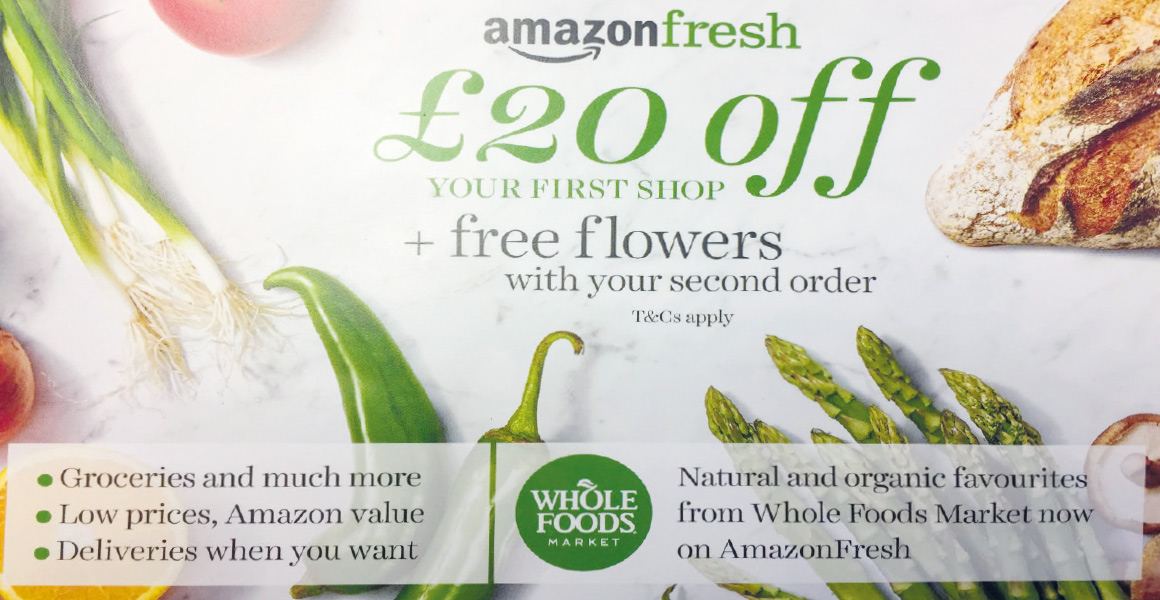Reading about the “tech-savvy, time-crunched consumer” that your shop is supposed to serve is hard work. Who are these people?, I ask myself.
If my job did not encourage me to spend a lot of time in local convenience shops, would I notice what is going on around me?
A new report from Grassfish, a company that can help retailers connect with shoppers of all ages landed on my desk this week. One of the things that caught my attention was that younger shoppers (16- to 29-year-olds) are attracted to gamification technology.
Before finding out what gamification technology can be I was pleased to note that just 6% of 45- to 59-year-olds were interested in having their store visit made more entertaining through technology.
And finally: “Not a single respondent aged 60 plus said they were in favour of gamification tech!”
Using trade media and Better Retailing to keep an eye on the early adopters should be part of your weekly business activities. It is as important as visiting all your nearest competitors.
However, like many of you, they probably did not know what gamification means. The best way to describe it is to think of a free app like Angry Birds, which gets you hooked on collecting points and then you find yourself paying real money to get ahead.
How would that work in convenience? Well, newspapers have been doing it for years with token collection. Snack companies do it with £5 notes inside packs of crisps. Confectioners do it with golden tickets. And c-store groups do it with promotions.
Tim Chalk, former chief executive of 7-Eleven in Hong Kong, told the Independent Retail Owners Forum last month that it ran promotions 36 weeks out of 52 and the best ones involved collections and a hot property in the Far East called Hello Kitty.
Does this survey result matter? Not in isolation. However, it is part of a trend that is changing people’s expectations of shopping. A year ago, I had hardly ever tapped to pay in store. Now, I find it incredibly convenient. I am not at the stage where I would choose a store based on this service. But I am close to that stage.
In the Grassfish research, 70% of the 2,000 consumers they interviewed (half in Germany, half in the UK) said they would always want to shop in a store.
But expectations differ according to the age of the shopper – a finding that suits Grassfish’s objective to provide stores with ways of trapping data appropriate to different age groups.
Shoppers of all ages see digital interaction as important. The young see it as keeping a store up to date. For 30- to 44-year-olds, it makes researching products easier.
For 45- to 59-year-olds, it helps them to get information without having to speak to anyone. For those aged over 60, it is trusted to provide better product data.
Now perhaps none of the respondents would think about this when making a distress purchase from their local convenience store. But what about if they were choosing a bottle of wine?
Or if they wanted to buy a nice sandwich and a cup of coffee and wanted to research this on social media?
The challenge you face is keeping up-to-speed with the constantly changing retail environment.
Using trade media and Better Retailing to keep an eye on the early adopters should be part of your weekly business activities. It is as important as visiting all your nearest competitors.
And before you dismiss the idea, go online and look at what Amazon is offering in a neighbourhood near yours now it has acquired Whole Foods. The objective is to avoid being “tech-crunched” yourself.





Comments
This article doesn't have any comments yet, be the first!